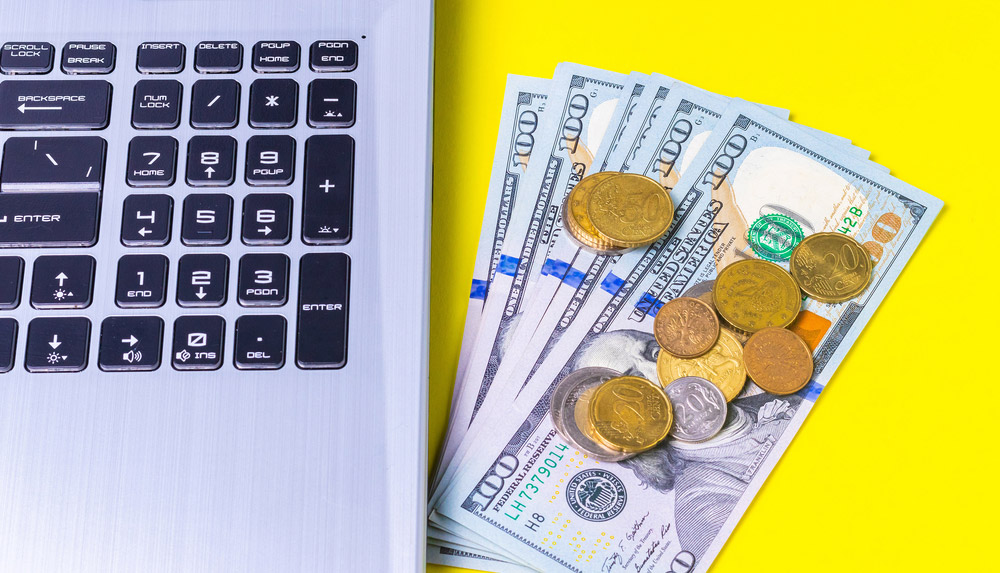Should you still pay for antivirus software?
Free antivirus is better than ever, but there are still a few good reasons to pay.

When it comes to antivirus software, free doesn't necessarily require you to sacrifice functionality. In fact, a number of free antivirus options offer excellent malware protection. Even Windows Defender, which comes baked into Windows 8.1 and Windows 10, holds its own among the big players in the game.
Windows Defender sits firmly on our list of the best free antivirus software. It requires no extra effort to download and install, making it an easy entry point to securing your PC.
Defender also performs well in AV-Test malware-detection lab tests: In both November and December 2019, it scored 100% across the board in malware protection, which ranks it with the likes of Bitdefender, Kaspersky and Norton paid antivirus software.
- How to buy antivirus software
- Protect your computer with this one simple trick
- Which antivirus software has the least system impact?
For the average consumer, just about any antivirus software from a reputable developer will provide adequate protection. But users need to have reasonable expectations about what that software can do, said Matt Wilson, chief information security advisor at BTB Security.
"Defender won't stop everything," Wilson told Tom's Guide. "Live your computing life accordingly."
So, if Windows Defender offers enough protection for most people, what do you get by paying for a third-party product?
Why pay for antivirus software?
When it comes to cybersecurity, more may indeed be more. Experts suggest that bad actors are likely to first target the low-hanging fruit — free, built-in software like Windows Defender that's running on millions of machines — before moving on to more specialized options.
Get instant access to breaking news, the hottest reviews, great deals and helpful tips.
Graham Cluley, a U.K.-based independent security consultant, told Tom's Guide that malware authors will ensure that they can "waltz past" Defender but may be less likely to put effort into bypassing software that is less common.
Experts also agree that paid antivirus software may come with better, more personalized support, should you need it.
Beyond that, the question of whether to pay for antivirus software comes down to how you interact with technology and what you have to lose if something goes wrong, said Ali-Reza Anghaie of The Phobos Group.
If your primary activities are mainly limited to using a web browser and sending emails, a program like Windows Defender combined with software and browser autoupdates is likely to offer sufficient protection most of the time. Gmail's built-in protections and a good ad blocker on web browsers can further minimize risk.
However, if you're an independent contractor who handles client data, or you have a lot of people using the same computer, then you may need more than what Windows Defender has to offer. Weigh your risk tolerance with possible consequences and the potential burden of multiple layers of security to determine how much protection you want — and whether you need to pay for it.
"If your data and computer security is important to you, then why wouldn't you think it was worth spending a few bucks a year on?" Cluley said.
Paid antivirus equals more features
Another selling point for paid antivirus software is a slew of add-on security features that it often provides, such as password management, VPN access, parental controls and more. These extras may seem like a good value, if the alternative is overpaying for separate solutions for individual problems or having to install and maintain several different programs.
But Anghaie cautions against bundling everything together under a single tool. Software that focuses on and excels in a single lane is preferable to programs that do too much — and not all of it well.
- The best password managers: Keep your online accounts locked down
- Best VPNs: Stay private online
- The best parental control apps for Android and iPhone
That's why picking an antivirus program for its extras may be misguided at best and dangerous at worst. Security practices are generally stronger for software that's closer to a company's core business than for bolt-on features that aren't directly connected, Anghaie explained.
For example, 1Password will probably do a better job than a password manager built into antivirus software.
"I favor choosing the right tool for the right solution in respect to the support model you have," Anghaie said.
Behave better for better security
Ultimately, security is nearly as much about your digital hygiene as it is the antivirus software you use. If you have weak, oft-used passwords or are slow to install patches and updates, you're leaving yourself vulnerable — and for no good reason.
"No amount of consumer software is going to protect bad practice," Anghaie said. "It's all going to be the same if your behavior is the same."
The bottom line: Some antivirus software is better than no antivirus software, and while there may be reasons to pay for additional protection, running a free or built-in program while also improving your own security habits can greatly boost your overall digital security.
- See how to get the best cheap VPN as well

Emily Long is a Utah-based freelance writer who covers consumer technology, privacy and personal finance for Tom's Guide. She has been reporting and writing for nearly 10 years, and her work has appeared in Wirecutter, Lifehacker, NBC BETTER and CN Traveler, among others. When she's not working, you can find her trail running, teaching and practicing yoga, or studying for grad school — all fueled by coffee, obviously.
